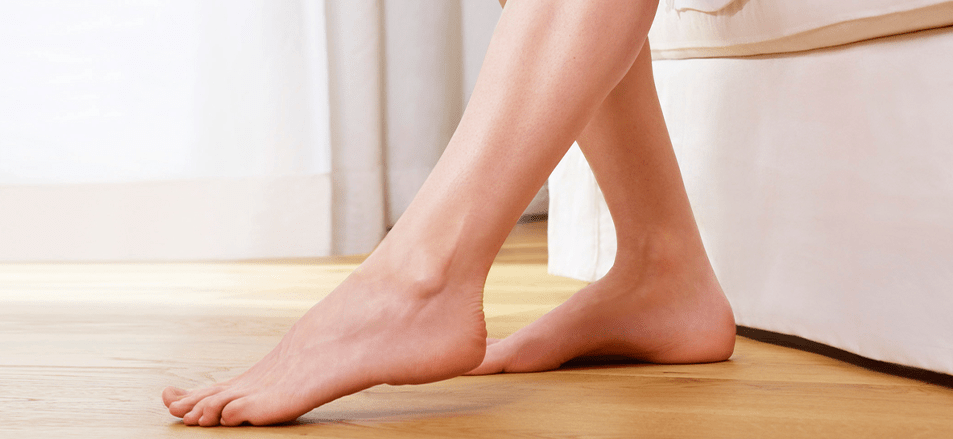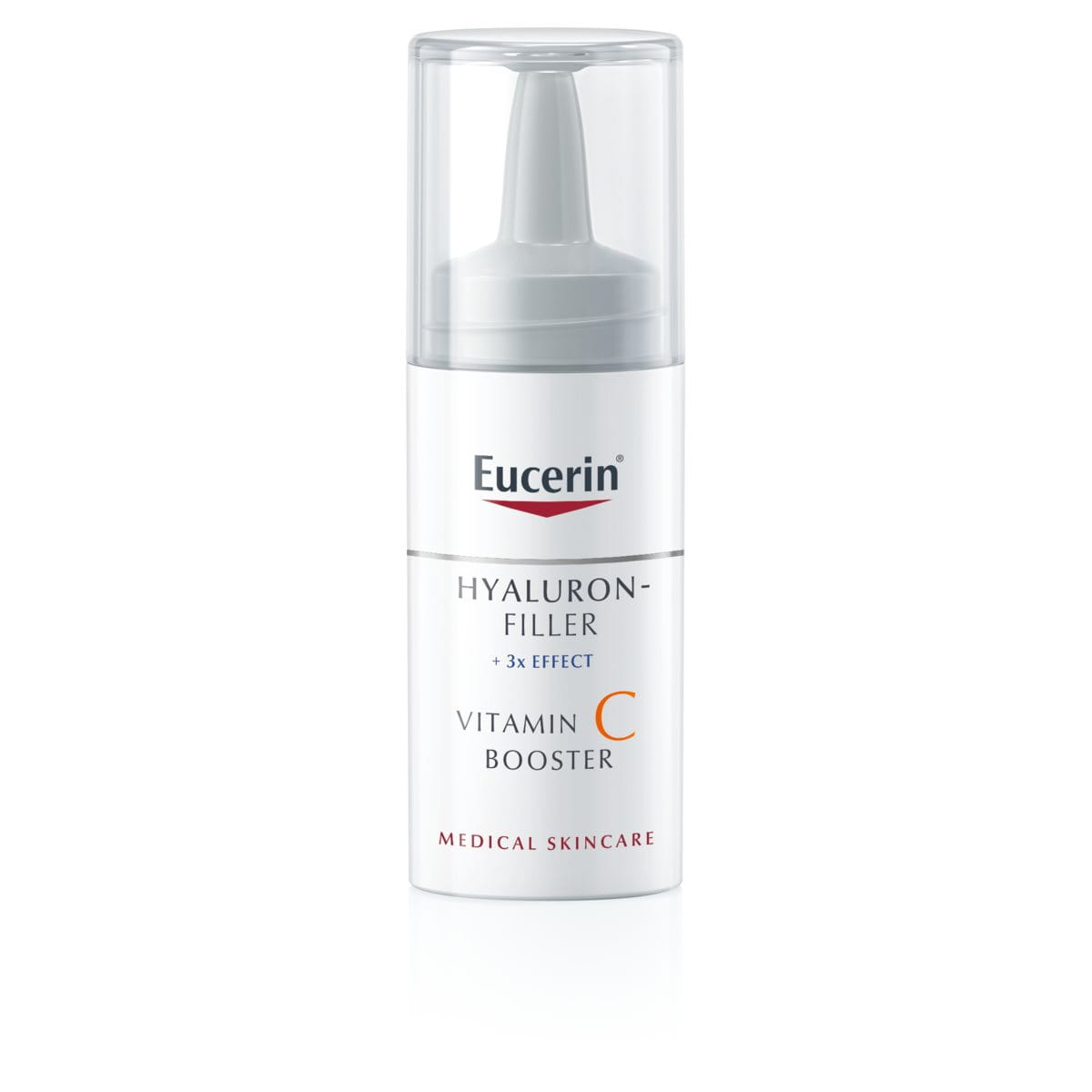Atopic dermatitis
Atopic dermatitis – also known as atopic eczema – is a chronic inflammatory and non-contagious skin disease which can appear on both the face and the body. It is characterized by dry, flaky, highly irritable, and itchy skin and is one of the most common types of eczema in babies (the other ones being seborrheic eczema and neurodermatitis). Find out more about atopic dermatitis.
Seborrheic eczema
Seborrheic eczema or
seborrheic dermatitis is a rash that occurs primarily on the head, eyebrows and around the nose and causes fatty scaling end redness.
Contact dermatitis
The allergic contact eczema (also known as contact dermatitis) most often occurs on the arms and hands, as these parts of the body most often come into contact with potentially irritating substances.
Dyshidrotic eczema
The cause of the occurrence of dyshidrotic eczema is yet unexplained, but it often affects people who already suffer from other types of eczema. It manifests itself in small, intensely itchy blisters on the palms of the hands, soles of the feet, and edges of the fingers and toes.
Nummular eczema
Nummular eczema, also called nummular dermatitis, is an eczema that can appear on arms, legs, hands, or the torso. It is characterized by scattered circular, itchy and, in some cases, oozing patches.
Stasis dermatitis
Stasis dermatitis, also called venous eczema or gravitational dermatitis, is a type of eczema that affects people with venous insufficiency, or poor circulation in the lower legs. Thus, it mostly appears on the lower legs of elder people, who often suffer from the two phenomena.













